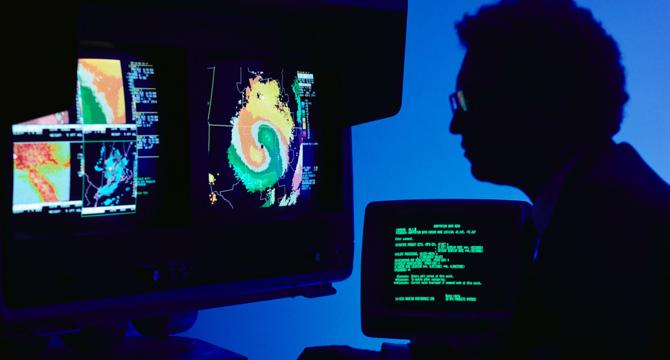Popsci
1w
59

Image Credit: Popsci
Weather forecasting improves with AI, but we still need humans
- Weather forecasts, though often unreliable, play a crucial role in daily planning and have room for improvement.
- Recent advances in artificial intelligence have led to more accurate weather forecasting models developed by big tech companies like Microsoft and Google.
- AI systems like Microsoft's Aurora have proven to outperform traditional models in accuracy, particularly in predicting extreme weather events.
- AI models can be trained on vast datasets to recognize patterns and make more precise predictions about weather conditions up to 15 days in advance.
- These AI-based systems are faster to build, easier to update, and more cost-effective compared to traditional weather forecasting models.
- The use of AI in weather forecasting can lead to significant socioeconomic benefits by helping individuals and communities better prepare for extreme weather events.
- While AI models show promise in improving weather forecasts, they still rely on accurate real-world weather data for their predictions to be effective.
- Federal funding cuts at the National Weather Service have led to reduced data collection, threatening the accuracy of weather predictions, even with AI assistance.
- AI weather systems, like Microsoft's Aurora and Google's GenCast, have shown impressive results in medium-term forecasting accuracy and speed of predictions.
- AI models, trained on extensive weather datasets, have demonstrated superior performance in predicting various weather events, such as hurricanes and sandstorms.
- Although AI plays a vital role in enhancing weather forecasting, the expertise of human meteorologists and the collection of real-time data remain essential for accurate and timely predictions.
Read Full Article
3 Likes
For uninterrupted reading, download the app